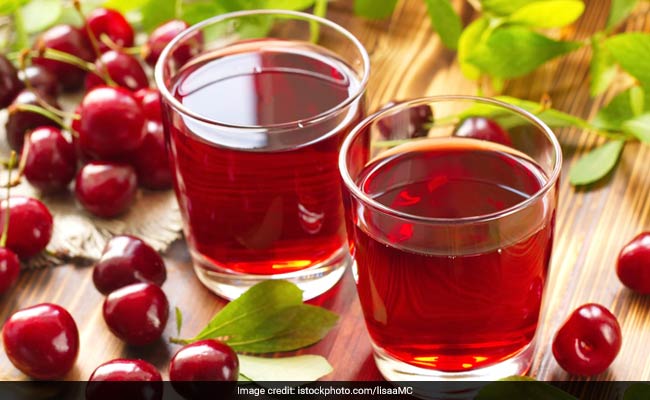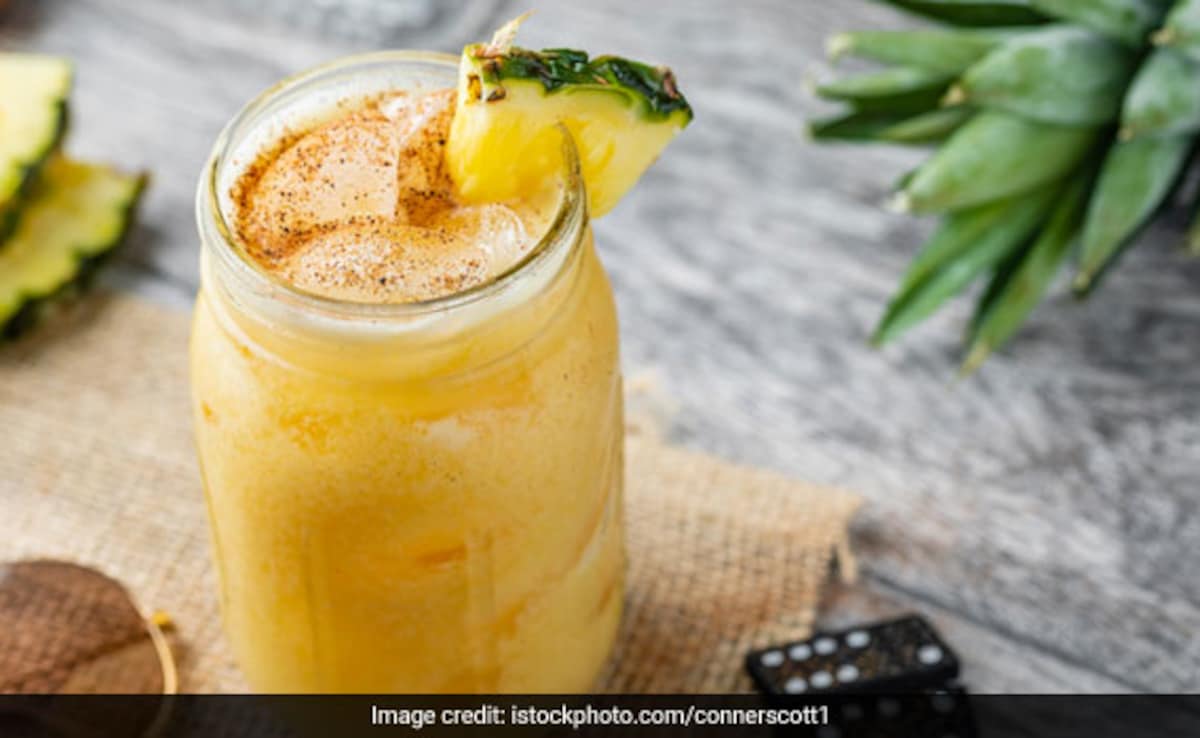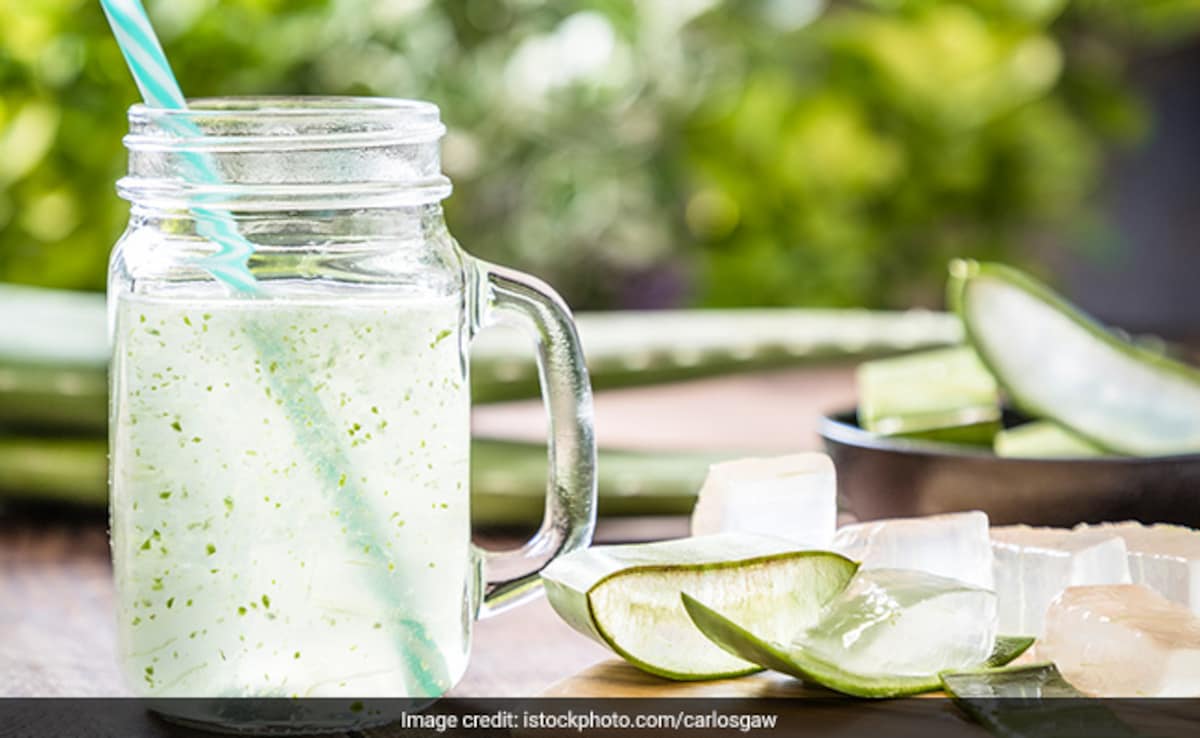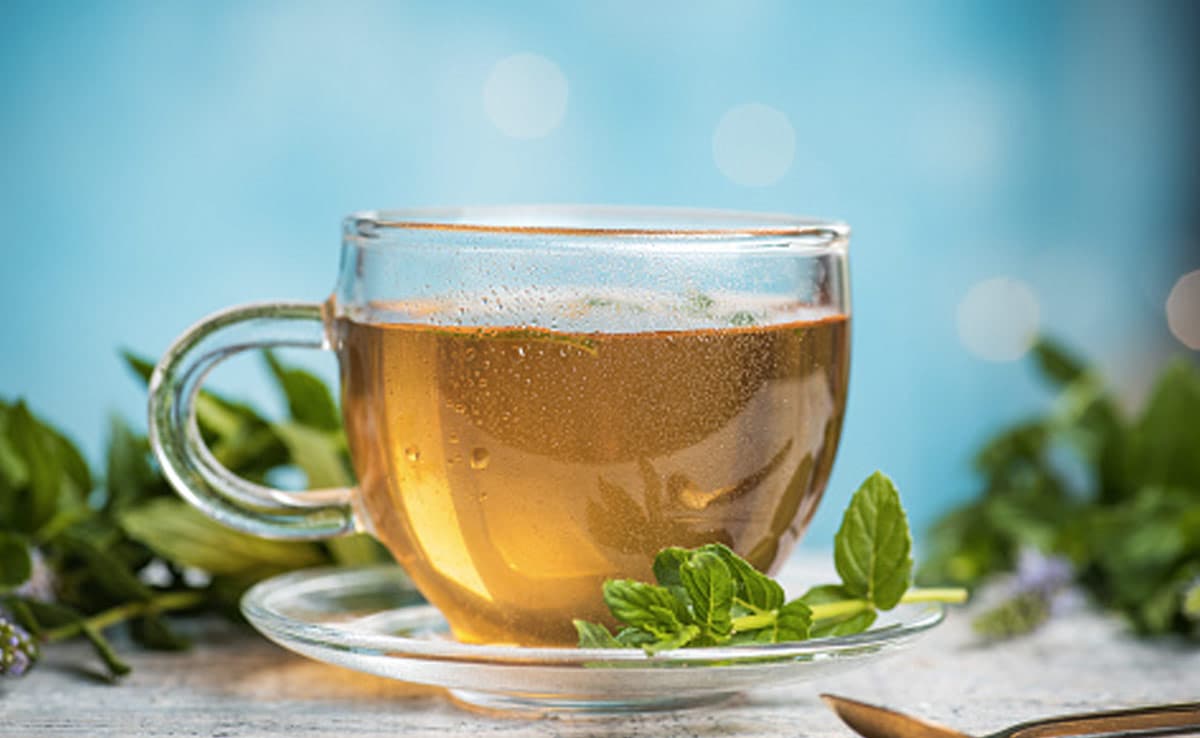
Arthritis is a term used to describe a group of conditions that cause inflammation and pain in the joints. It can affect people of all ages and is often associated with symptoms like stiffness, swelling, and decreased range of motion in the affected joints. The inflammation caused by arthritis can lead to chronic pain and, over time, may result in joint damage. Certain drinks can help reduce this inflammation and alleviate joint pain. These drinks work by targeting the inflammatory pathways in the body, potentially providing relief and improving joint health for those with arthritis. In this article, we share a list of drinks you can add to your diet to reduce inflammation, joint pain and better manage arthritis.
10 Drinks that can help reduce inflammation and joint pain for arthritis patients
1. Turmeric tea
Turmeric contains curcumin, a compound with potent anti-inflammatory properties. Curcumin inhibits inflammatory pathways, reducing joint pain and stiffness associated with arthritis. Drinking turmeric tea regularly can help alleviate symptoms over time.
2. Ginger tea
Ginger contains gingerol, which has anti-inflammatory and antioxidant effects. It helps in reducing pain and improving joint function. Regular consumption of ginger tea can decrease swelling and discomfort in joints.

Photo Credit: iStock
3. Green tea
Green tea is rich in polyphenols, particularly epigallocatechin gallate (EGCG), which helps reduce inflammation and slow down cartilage destruction in arthritis patients. It also has antioxidant properties that protect cells from damage.
4. Tart cherry juice
Tart cherry juice contains anthocyanins, which are compounds that reduce inflammation and lower uric acid levels, making it particularly beneficial for gout, a type of arthritis. Regular consumption can reduce flare-ups and joint pain.

Photo Credit: iStock
5. Bone broth
Bone broth is rich in collagen, glucosamine, and chondroitin, which support joint health and reduce inflammation. It also provides essential amino acids that help repair and maintain cartilage.
6. Pineapple juice
Pineapple juice contains bromelain, an enzyme that has anti-inflammatory properties. Bromelain helps reduce joint pain and swelling, especially after physical activity.

Photo Credit: iStock
7. Beetroot juice
Beetroot juice is high in nitrates and betalains, which reduce inflammation and oxidative stress in the body. It can improve joint function and reduce pain, especially in inflammatory conditions like arthritis.
8. Aloe vera juice
Aloe vera juice has anti-inflammatory and immune-modulating properties, which can help reduce arthritis symptoms. It soothes the digestive system and reduces inflammation in the body.

Photo Credit: iStock
9. Water with apple cider vinegar
Apple cider vinegar has acetic acid, which can help reduce inflammation and alleviate joint pain. It also aids in detoxifying the body, which can reduce symptoms of arthritis.
10. Peppermint tea
Peppermint tea contains menthol, which has anti-inflammatory and analgesic properties. It can help reduce muscle and joint pain associated with arthritis. Steep fresh or dried peppermint leaves in hot water for 5-10 minutes. Drink 1-2 cups a day, especially when experiencing discomfort.

Photo Credit: iStock
These drinks, when consumed regularly, can contribute to reducing inflammation and joint pain, helping to manage arthritis symptoms more effectively.
Disclaimer: This content including advice provides generic information only. It is in no way a substitute for a qualified medical opinion. Always consult a specialist or your doctor for more information. NDTV does not claim responsibility for this information.
Track Latest News Live on NDTV.com and get news updates from India and around the world

